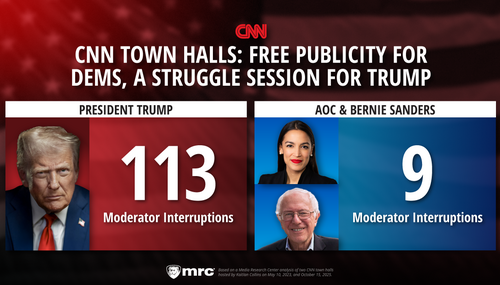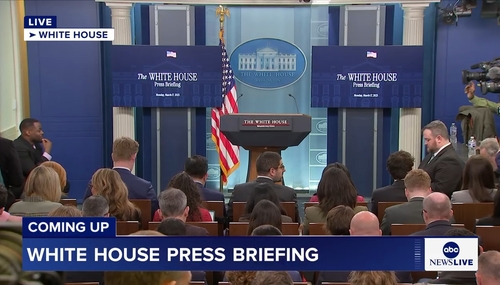In an interview with Cindi Leive at Glamour (including do’s and don’ts like do wear jeans, don’t cry in the office), MSNBC host Alex Wagner was asked if her forthcoming marriage to Obama White House chef Sam Kass will mean they’ll no longer live in two cities (she’s in New York).
“Yeah. An administration does not last forever. It's not ‘King Obama,’ as much as some people would like to say. [Laughs.]” Is that in the air over at MSNBC?
Leive also asked Wagner about her working for George Clooney before joining the Obama-talking-points channel:
CL: One of the jobs that people know you held was working for George Clooney on Not on Our Watch. How do you get a job with George Clooney? Was there a pay phone involved?
AW: No, we had cell phones by then! I worked for the Center for American Progress, in Washington, D.C., and one of my friends had been taking George back and forth to Darfur. They wanted to formalize the work he was doing on humanitarian intervention and genocide. They needed someone who understood politics and international issues [but] who appreciated that they were in entertainment and could act as a bridge between those two worlds. And when they didn't find that person, they hired me. I'm kidding! [Laughs.] I wrote a formal brief and interviewed with George. When you communicate energy, enthusiasm, and discipline, it usually works well.
CL: Well, you had done your homework. It wasn't just the enthusiasm.
AW: No, absolutely. My career has definitely zigzagged, and that is euphemistic. My mom has stood on the sidelines and been like, "You will be homeless in five years." [Laughs.] But as much as it has seemed unfocused, I really cared about every one of those jobs. I'm proud of the work I did.
CL: That job in particular must have been challenging. One hears "George Clooney" and thinks, This is a cushy Hollywood job. But no, you were in Sudan; you were in Burma. What did you learn?
AW: Every single day was compelling. It was meaningful to have the goal of helping people, let alone to actually help them.
CL: Let's talk about the transition to television. Did you know you wanted to do that?
AW: One of the biggest educations I had in the Not on Our Watch job is in the power of media to convene an audience. Mr. Clooney and his associates are very good at that.
CL: I hope you're not required to call him Mr. Clooney.
AW: I've referred to him as George, G.C. [Laughs.] But there are terrible conditions all over the world; the people who get a spotlight are those most likely to be helped. And the seven-year-old me was like, "Remember when you used to interview the teapot?"
CL: It's a good strategy, by the way—think back to what you wanted at age seven.
AW: That's when you're dreaming the dreamiest dreams! I wa scovering innovation for The Huffington Post, and I started doing more TV on MSNBC as a guest. I really liked it. And then here we are.
CL: One of the great things I've noticed about you is that you seem to be the same person on air as off.
AW: So you either like it or you don't like it!
CL: Well, that's rare in a TV anchor.
AW: Phil Griffin [president of MSNBC] gives all his hosts and anchors a real opportunity to be who they are. "Playing TV" isn't what we do at MSNBC—which isn't to say there isn't a lot of work that goes on. But the act of [in exaggerated newscaster voice] "faking TV anchor," that's not who we are.




